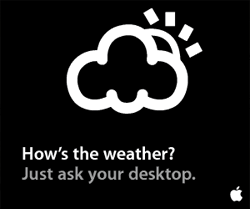A new report from eMarketer offers some new data in answering one of the most often asked questions in our industry: does time of day really matter for email marketing? The report notes:
- 41% of Americans check email first thing in the morning
- 18% check email right after dinner
- 14% check email right when they get back from work
- 14% check email right before they go to bed
- 40% of email users have checked their email in the middle of the night
Oddly, the most popular place to check email is in bed (23%) — followed by in class (12%). At least I can understand not having better things to do in class …
But anyway, the point is that email is unique as an online marketing medium in that you can effectively time stamp when your message gets delivered, though not necessarily when your recipient is interested in reading it. Television and radio both offer those advantages, but less so these days with the timeshifting of TV (and now radio as well with a growing number of programs actively podcasting). What of online advertising, though? What if we could time stamp the delivery of online banners?







WE RECENTLY REMOVED COMMENTING - LEARN WHY HERE >